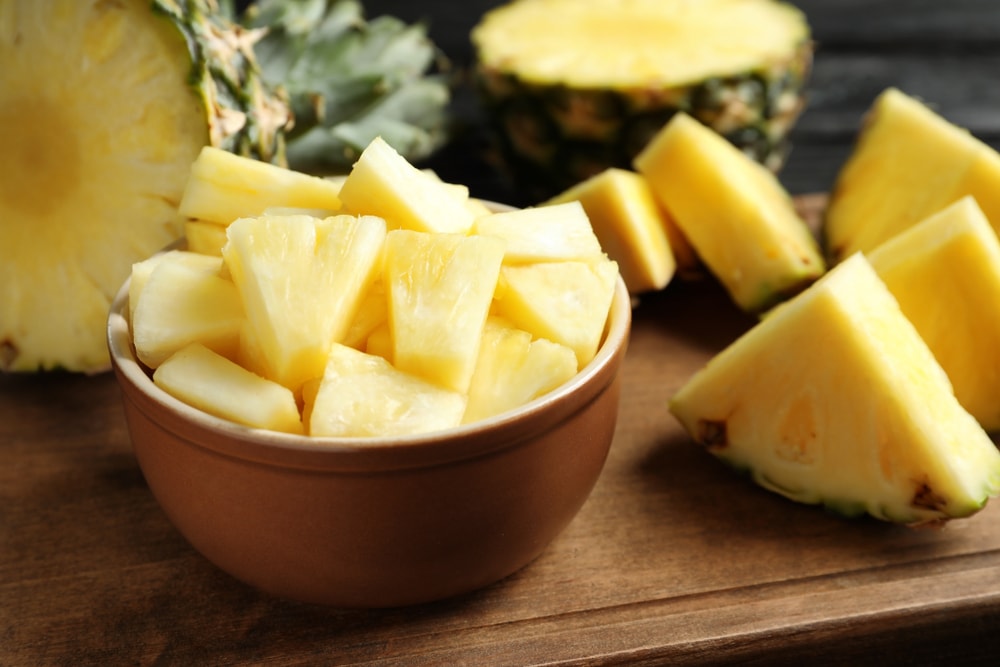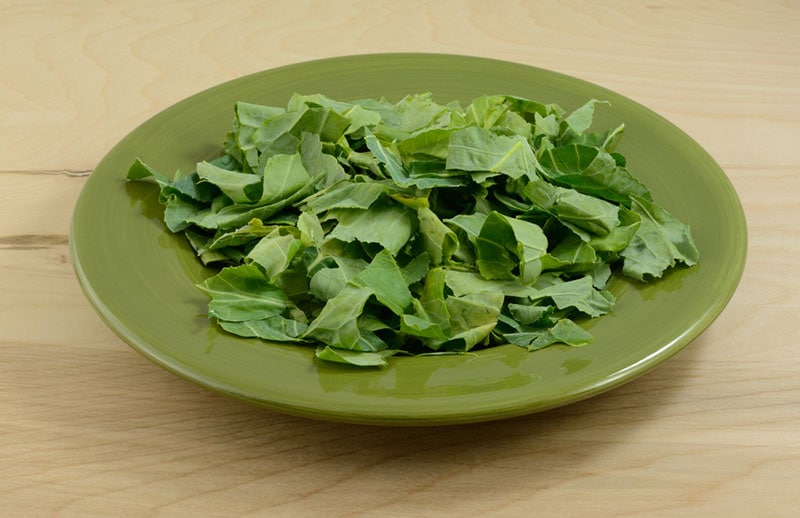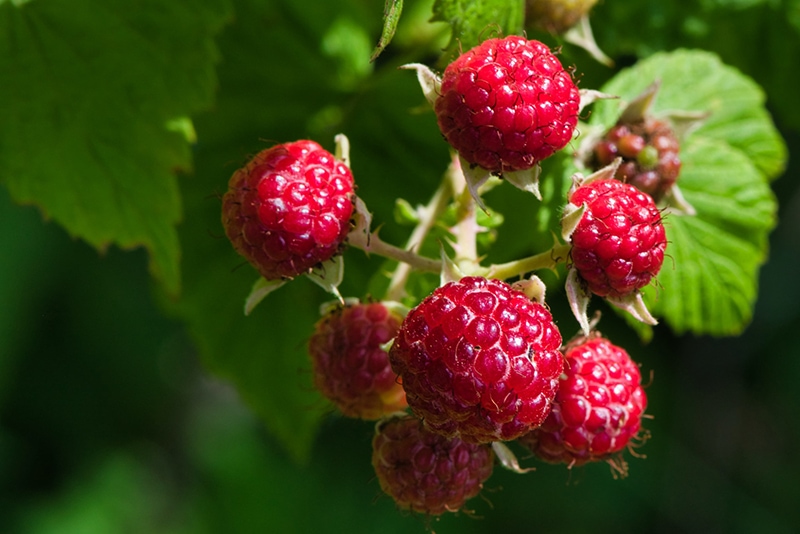Can Bearded Dragons Eat Lemons? Vet-Reviewed Facts & FAQ

Updated on
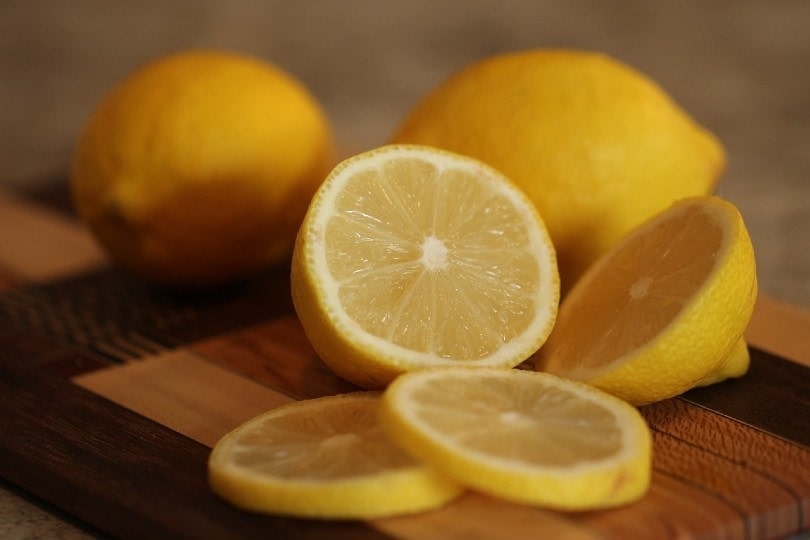
Bearded dragons are omnivores, deriving most of the nutrients they need from insects and vegetables. Fruits are okay to offer a few times a month as their high sugar content makes them unsuitable as a staple for your beardie’s diet. If you’re considering what fruits are suitable for your pet’s occasional treat, you may wonder whether lemons are safe.
Lemons are highly acidic and may irritate your beardie’s mouth and stomach, so it’s best not to offer them at all. Read on to learn more.
Why Can’t Bearded Dragons Eat Lemon?
Lemon and other citrus fruits, such as oranges are limes, are far too acidic for the bearded dragon’s digestive system. Foods too high in acids can irritate their stomachs and cause a host of gastrointestinal issues for your reptile.
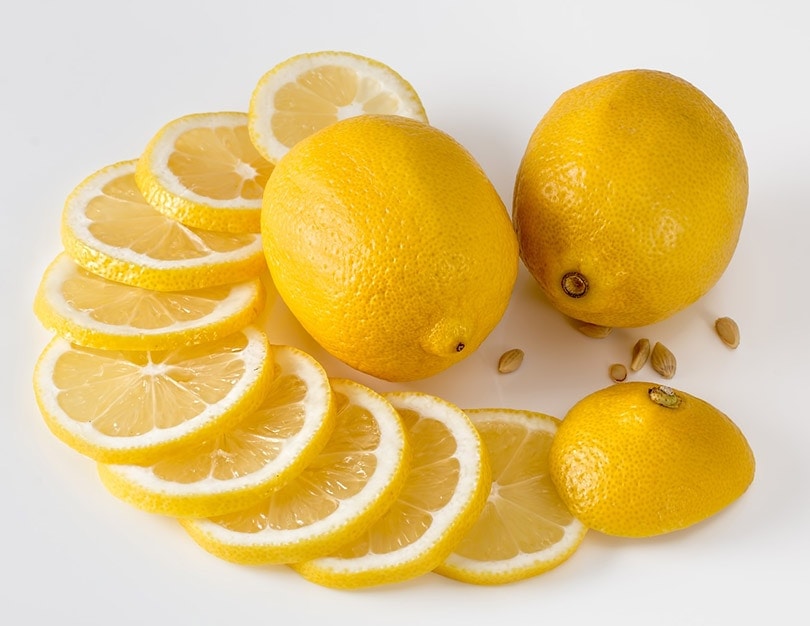
What About Lemon Balm?
Lemon balm is an herb from the mint family. Its leaves have a mild lemon aroma, but it doesn’t appear to be related to the citrus family at all.
Lemon balm is an edible plant that you can offer your beardie occasionally. It’s best to grow it on your own so you know it’s organic and free of any pesticides.
What If My Bearded Dragon Ate a Lemon?
If your bearded dragon has accidentally eaten a piece of lemon, don’t fret. Lemons are not toxic, so your beardie is unlikely to have any long-lasting side effects from his sample of this citrusy fruit. He may get a sore mouth or tummy ache from the citric acid, so you should watch him closely for the following day or two. In addition, you may wish to contact your exotic vet for advice if you’re worried.
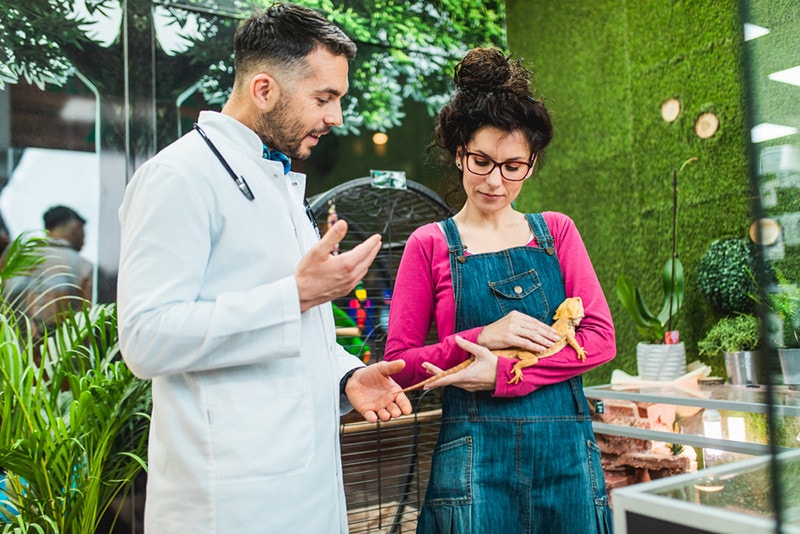
What Fruits Are Suitable for a Bearded Dragon?
Fruits are high in sugar and generally low in calcium, and so should be offered as occasional treats. The best fruits for bearded dragons are those with an appropriate calcium-to-phosphorus ratio (C:P).
Beardies need calcium for bone development, muscle contractions, and reproductive health. If deficient in this nutrient, the body will begin pulling calcium from the bones, causing metabolic bone disease (MBD). MDB can be avoided by feeding your beardie a diet of foods rich in calcium and low in phosphorus, as foods too high in phosphorus can deplete your beardie’s calcium supply.
Fruit that is safe for beardies includes:
- Apple
- Berries
- Grapes
- Mango
- Melon
- Papaya
- Peaches
- Prickly Pear
Note: Citrus fruits, especially oranges and lemons, have a good C:P ratio, but their high citric acid content makes them inappropriate for beardies.
What Should My Beardie Eat?
Bearded dragons are omnivores, meaning they need insects and veggies to thrive.
When your dragon is a hatchling under six months, he’ll err more on the carnivorous side, eating insects twice per day. When he is a juvenile between six and 12 months of age, he should get insects once a day. You should still offer vegetables daily to your hatchling and juvenile beardie but don’t be surprised if he turns his nose up at his salad.
Your adult bearded dragon will be less carnivorous by nature. His diet should be primarily vegetables, needing leafy greens daily and insects once or twice a week.
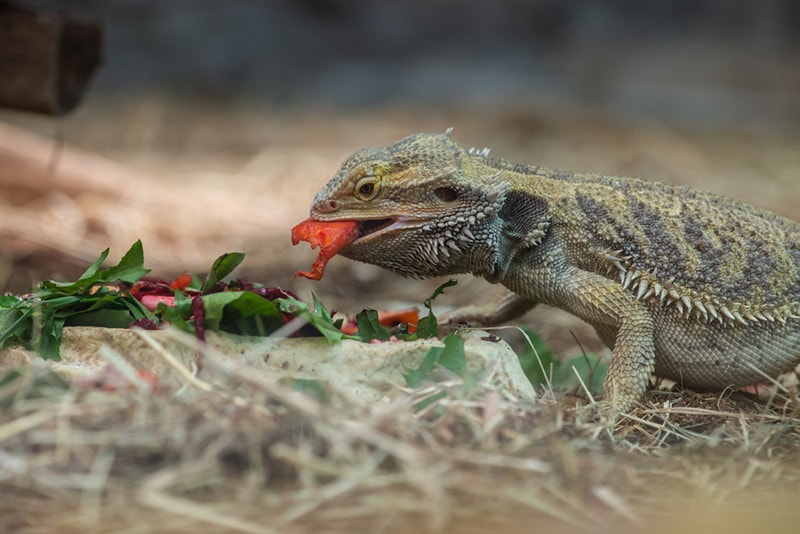
Conclusion
Bearded dragons should not eat citrus fruits like lemons as they are far too acidic for your beardie to digest. While they are not toxic and a small taste is unlikely to cause lasting damage, the gastrointestinal upset your pet may face after eating a lemon is not worth it.
If you’d like to offer your beardie a small piece of fruit occasionally, it’s best to offer fruits much lower in acid, like apples, mangos, or berries.
See Also:
Featured Image Credit: MiraCosic, Pixabay


